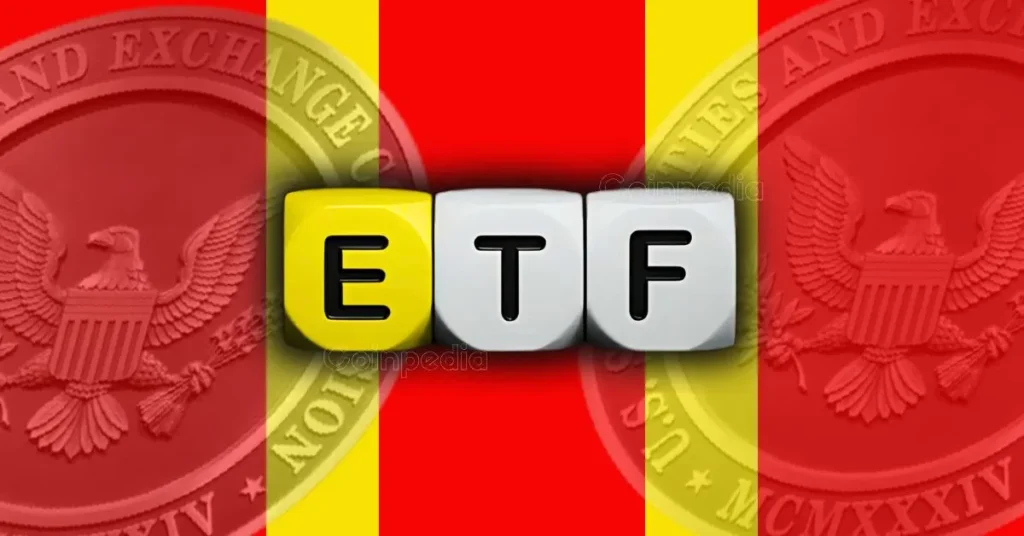New Law Empowers U.S. President to Block Crypto Transactions

The post New Law Empowers U.S. President to Block Crypto Transactions appeared first on Coinpedia Fintech News
A new law has granted the U.S. president extensive authority to block cryptocurrency access, raising concern among observers. This development empowers the president to block transactions between U.S. persons and foreign entities linked to terrorist organizations.
The law mandates that the Secretary of the Treasury identify and report any foreign banks or crypto transaction facilitators knowingly engaging in massive transactions with terrorist organizations. This identification must be done within 60 days of the law’s enactment and periodically afterward.
Once identified, the president must prohibit or place strict conditions on the opening or maintaining of accounts by these foreign banks in the U.S. For foreign digital asset transaction facilitators, the president can prohibit any transactions between them and Americans. Some in the community think this is an attempt to control crypto under the pretense of fighting terrorism.
Under sections 203 and 205 of the International Emergency Economic Powers Act (IEEPA), the president can implement these measures. This authority includes imposing penalties on those who violate the regulations, similar to those outlined in section 206 of the IEEPA.
The law also provides procedures for judicial review of classified information. Suppose a finding or penalty is based on classified information. In that case, the Secretary of the Treasury can submit this information to the court ex parte and in camera, meaning the judge can review it privately without being disclosed publicly.
There are provisions for waiving sanctions if it is proven to be in the national interests of the U.S. The Secretary of the Treasury must notify Congress of such waivers and state their reasons for them. There is also an exception for intelligence activities, ensuring these measures do not interfere with authorized intelligence operations.
Additionally, the law amends section 5318A of title 31, United States Code, to add new prohibitions or conditions on certain transmittals of funds. If the Secretary of the Treasury finds that certain jurisdictions, institutions, or transactions pose a primary money laundering concern, they can impose conditions on transmittals of funds involving these entities.
The amendments allow the Secretary, in consultation with other key officials, to take action against domestic financial institutions or agencies involved in these “high-risk transactions.”




